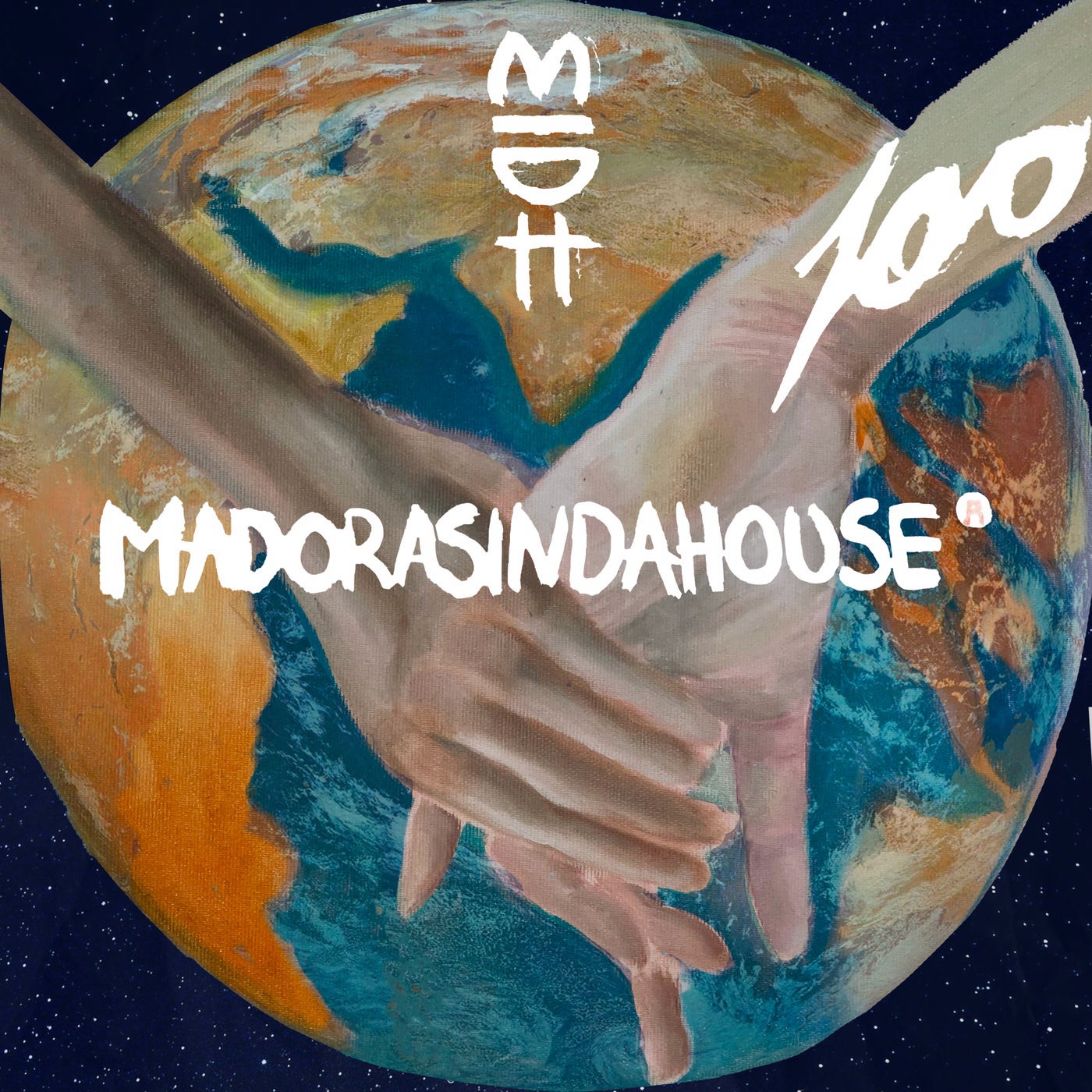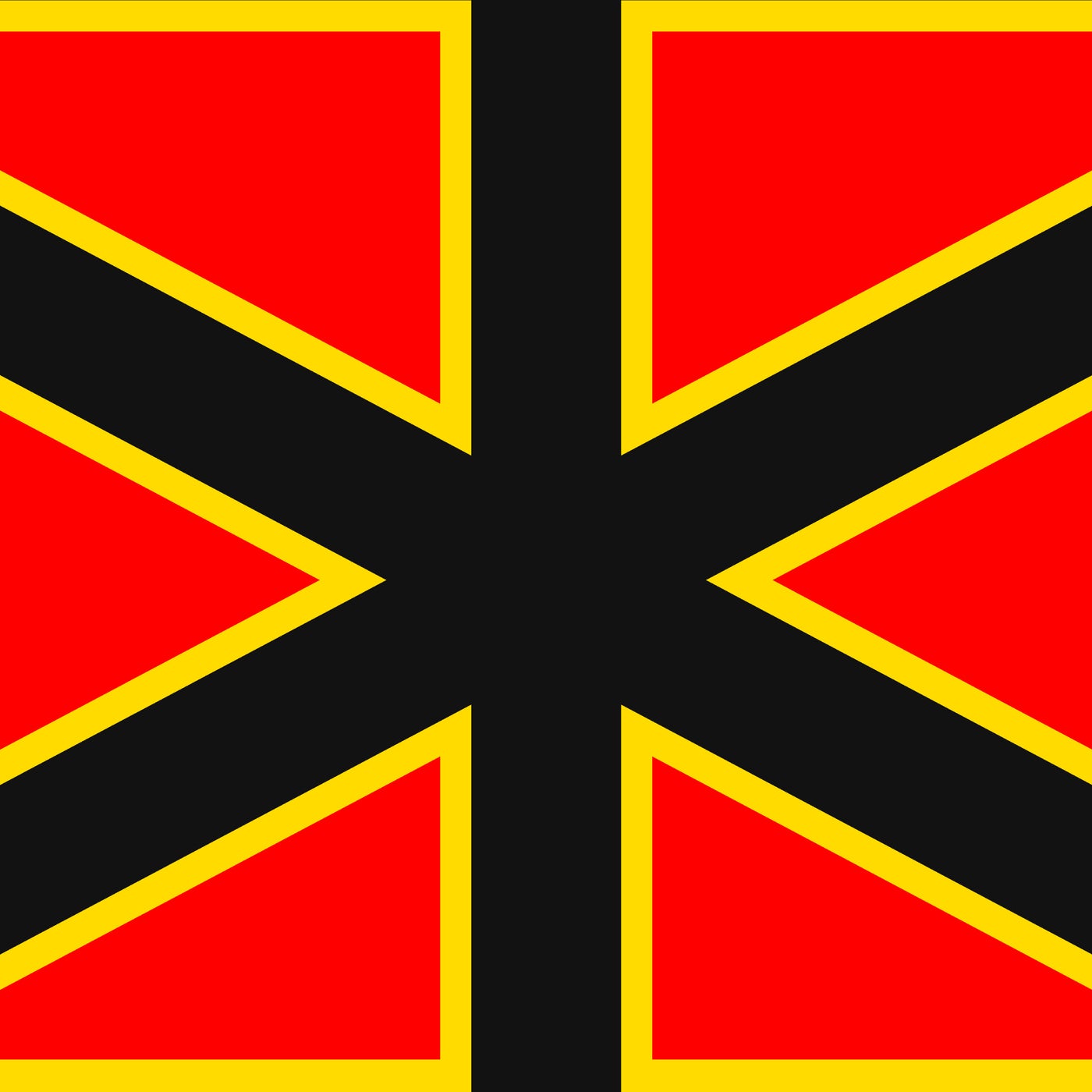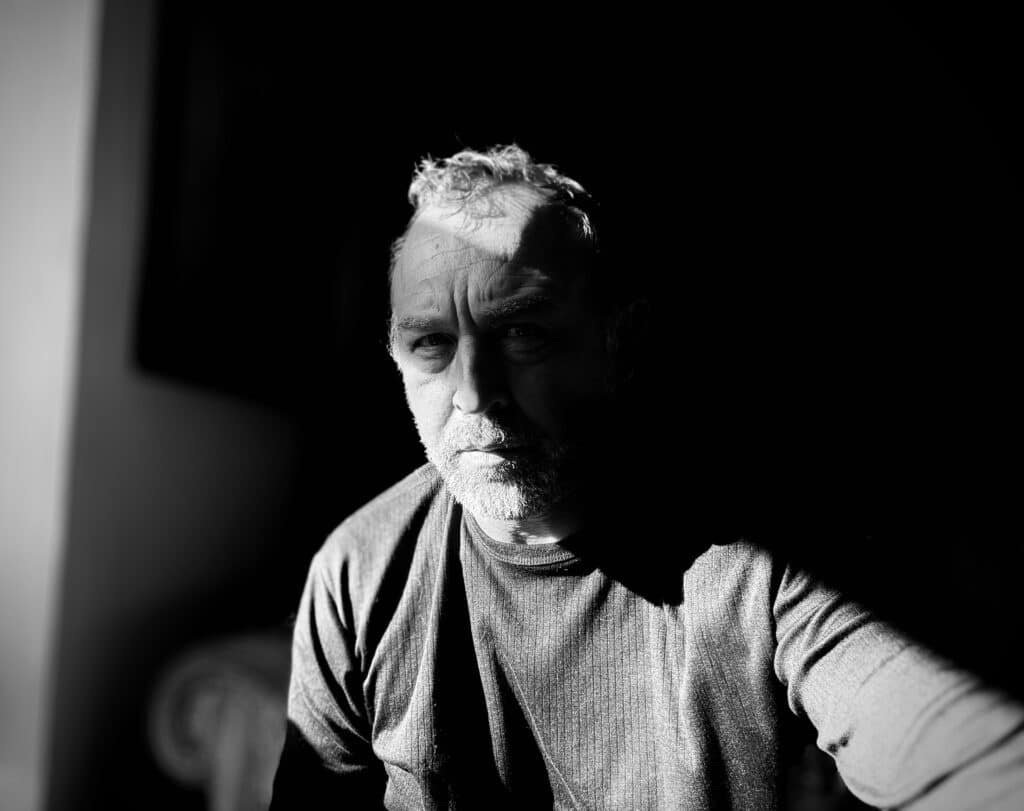Hosted by comedian Guz Khan and actor Riz Ahmed and spearheaded by pioneering ambient composer Brian Eno, the livestreamed show in London’s 12,500-capacity venue was the UK’s largest fundraising event for Palestine to date and featured acts including Damon Albarn, Cat Burns, and Nai Barghouti, as well as many non-musical speakers. The event took place the day after independent rights investigators appointed by the Human Rights Council reported that Israel is committing genocide in Gaza.
Addressing the arena early on was Josie Naughton, the co-founder and CEO of Choose Love – the UK-based organisation responsible for distributing aid to various individual charities, such as the Palestinian Relief Fund. She confirmed that “just from all of you buying tickets and being here tonight, we have already raised half a million pounds.” 100% of the proceeds from Together for Palestine ticket sales and merchandise in addition to donations from livestream viewers will be donated to Palestinian-led organisations working on the frontline in Gaza.
The work of these organisations was showcased throughout the night. Noor, for example – which means ‘light’ in Arabic and sits under the Taawon Welfare Association – supports over 20,000 orphaned children in Palestine by providing sustainable psychological support and care. Photos of these children – most of them smiling – were shown on screen.
Between poems, skits, speeches, and videos of charity work on the ground in Gaza – as well as Palestinian art curated by Malak Mattar and others displayed on screen – were performances from some of the UK's brightest songwriters. London artists Cat Burns and Rachel Chinouriri teamed up for their 2024 co-written single “Even”, which was originally written about Black women facing an oppressive music industry, but is ultimately a song about inequality, revolution, and change, they explained. Paloma Faith debuted a new track she was inspired to write after taking her young children on a march for Gaza.

Brian Eno – “the architect of this evening” – addressed a poem of regret to the ‘rascal’ children of Gaza, imploring them to come back and break vases and shout outside his window, over a haunting, sparse instrumental. And Bastille’s Dan Smith played a stripped-back rendition of his 2013 radio hit “Pompeii” with a string quartet while the screen showed a vibrant painting of Gaza City with colourful, intact buildings, the lyrics taking on profound new weight: “And the walls kept tumbling down in the city that we love [...] But if you close your eyes, does it almost feel like nothing changed at all?” he sang.
Between musical performances were monologues by some of the most ardent defenders of Palestine, including holocaust survivor Stephen Kapos, who lived under the Nazi occupation of Hungary as a child and said, “Liberation is not a gift we wait for; it is a right we demand together,” and Dr Victoria Rose, a British surgeon who volunteered with the UN at the European Gaza Hospital. Italian human rights scholar Francesca Albanese – who serves as the United Nations Special Rapporteur on the occupied Palestinian territories – was greeted with a standing ovation and never-ending cheer from the audience. Her speech underlined Britain’s central role in the Gaza genocide.
“Each life is a universe forever gone; it feels impossible to picture from this stage,” said Albanese. “Such cruelty did not start 700 days ago,” she continued, referring to the 7 October Hamas attacks and in particular their aftermath. “For nearly a century, the Palestinian people have lived under the weight of a brutal secular colonial project, a perpetual occupation justified as security and enforced by apartheid. The West carries a particular responsibility. Britain planted the seed of this catastrophe with the Balfour Declaration” – the promise made in 1917 by the British government that it would help to secure a national home for the Jewish people in Palestine – “promising away a land that was never theirs to give.”
Mehdi Hasan, the acclaimed British-American journalist known for his debates with right-wing extremists, announced that more journalists have been killed in Gaza than in the First and Second World Wars, the Iraq War, the Afghanistan War, and more wars combined – before introducing war reporter and Black Friday Massacre survivor Yara Eid. Eid shared that her “soul mate” and fellow journalist was murdered by the IDF, then asked the audience to “hold these brave journalists in our hearts and let their memory drive us to act – for Palestine, for freedom.” The names, pictures, and causes of death for all 270 journalists murdered by the IDF were then overlaid on screen on top of each other.
The four-and-a-half-hour showcase ran like clockwork and wasn’t only about sickening statistics and escapist musical performances. There was an abundance of joy, solidarity, hope, and light. That came through the flag-draped crowd and their call-and-response chants and dancing. It came through the levity of beloved entertainment figures such as Louis Theroux, Amelia Dimoldenberg, and a delightfully off-script, rambling Richard Gere, whose last visit to Wembley was to speak at the 1988 benefit concert for Nelson Mandela. Most of all, it came from the music of Palestinian artists like Nai Barghouti – who was introduced as a ray of light among the darkness – to tens of thousands of people who all want the same thing: horror to give way to hope, and a free Palestine.
65,000 people have been killed by the Israeli government in the last two years, in what the UN Commission has confirmed is a genocide. 20,000 of those people are children. 2.3 million people have been forcibly displaced. You can find out more or donate to Choose Love at chooselove.org

 1 month ago
15
1 month ago
15


















 English (US) ·
English (US) ·